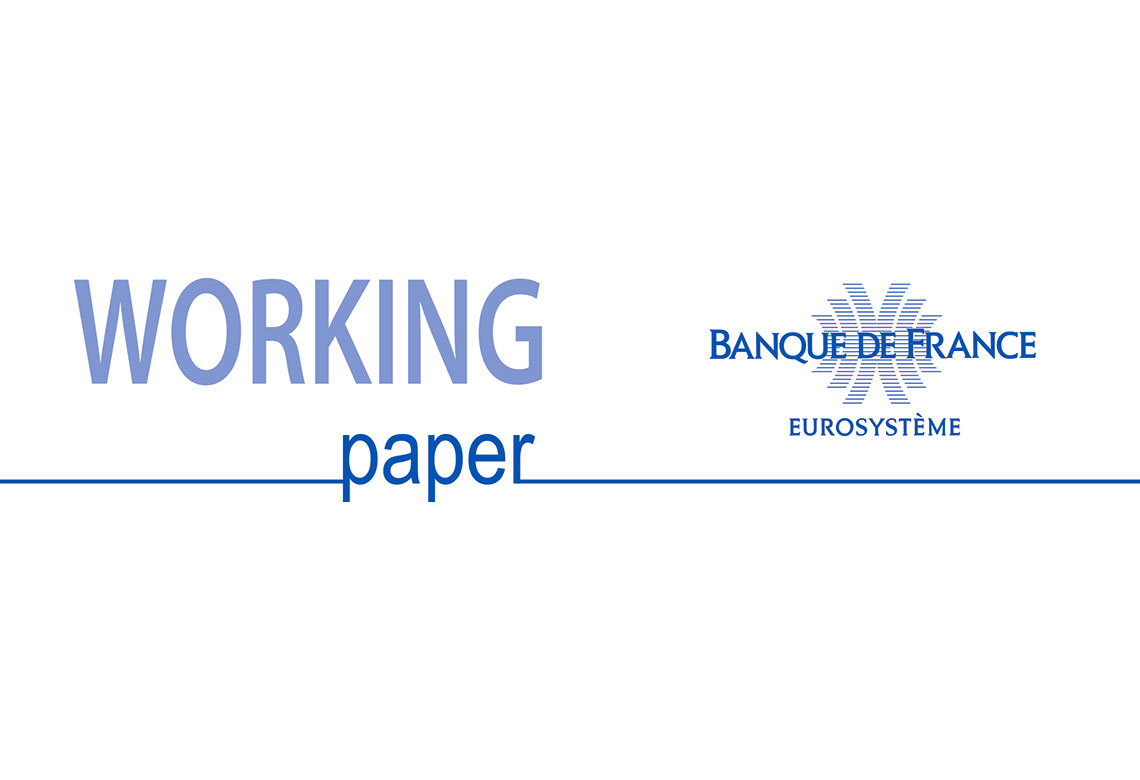
Working Paper Series no. 675: (Real-)Time Is Money
In the age of high-frequency trading in financial markets and faster payment services in account-to-account (A2A) transactions of bank retail customers, it may seem odd that the shortest maturity that is traded in the money market is overnight. This situation reflects policies implemented by central banks, which provide banks with free intraday liquidity. Such policies are difficult to ground in theory and have limitations which central banks could remedy by conducting real-time monetary policies. Christian Pfister details how, following that decision, central banks could adapt some features of their monetary policy operational frameworks and of their real-time gross settlement systems. In any case, the potential benefits of such a move should be carefully weighed against the costs for the central banks, financial intermediaries and society.
Download the PDF version of this document

- Published on 04/12/2018
- EN
- PDF (201.96 KB)
Updated on: 04/12/2018 08:13
